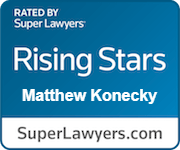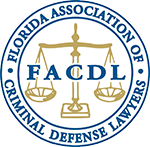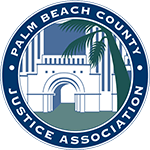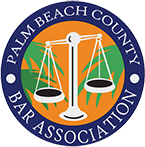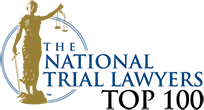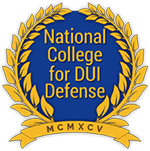Navigating the criminal justice system can be complex and overwhelming, especially when faced with unfamiliar terms and procedures. At the Law Offices of Matthew Konecky, we’re here to guide you through the court system and make it easy for you. One such term you might encounter if you're involved in a criminal case in Florida is a "calendar call."
As a criminal defense lawyer in West Palm Beach with over 20 years of experience, I'm here to explain a calendar call, its purpose, and what you can expect during this important step in the criminal trial process.
Table of Contents: |
What is a Calendar Call?
A calendar call is a pre-trial hearing where the court reviews the status of a case and determines its readiness for trial. This hearing involves the judge, the defense attorney, the prosecutor, and sometimes the defendant. The primary goal is to ensure both parties are prepared for trial and to schedule or confirm the trial date.
The Purpose of a Calendar Call
The main purposes of a calendar call include:
- Case Management: The judge assesses the progress of the case, ensuring that both the defense and prosecution are ready to proceed to trial. This includes reviewing whether discovery has been completed if there are any pending motions, and whether any plea negotiations are underway.
- Scheduling: The court sets or confirms the trial date during the calendar call. This helps to manage the court’s docket and ensures that cases are tried in a timely manner.
- Settlement Discussions: In some instances, the calendar call allows the defense and prosecution to discuss potential plea agreements, which could resolve the case without needing to go to trial.
What Happens During a Calendar Call?
During a calendar call, several important activities take place:
- Attendance Check: The judge will verify the presence of all necessary parties, including the defense attorney, prosecutor, and the defendant.
- Case Status Update: Both the defense and prosecution provide updates on the case. This includes information on the completion of discovery, any outstanding motions, and the overall readiness for trial.
- Scheduling and Rescheduling: The judge will set or confirm the trial date. If either party is not ready for trial, they must provide valid reasons, and the judge may reschedule the trial date accordingly.
- Plea Negotiations: In some cases, the defense and prosecution may engage in last-minute plea negotiations to potentially resolve the case without a trial.
- Motions and Requests: Pending motions or requests from either party may not be addressed during the calendar call, although minor motions or agreements might be decided at this time.
Importance of Calendar Calls
Calendar calls are a critical component of the criminal trial process for several reasons:
- Ensures Readiness: By assessing the readiness of both parties, calendar calls help to prevent unnecessary delays and ensure that the case proceeds smoothly to trial.
- Facilitates Case Management: Judges can efficiently manage their dockets and prioritize cases based on their readiness for trial.
- Encourages Resolution: The possibility of plea negotiations during calendar calls can lead to the resolution of cases without the need for a lengthy and costly trial.
What to Expect if You Have a Calendar Call
If you have a calendar call scheduled, it's essential to understand what to expect and how to prepare. Here are a few key points:
- Communication with Your Lawyer: Ensure that you are in regular contact with your criminal defense lawyer. They will guide you through the process and keep you informed about the status of your case.
- Preparation: Your lawyer will prepare the necessary documentation and information to present at the calendar call. This includes updates on discovery, pending motions, and any other relevant details.
- Attendance: As the defendant, it is crucial that you are in attendance for the calendar call. Your appearance might be necessary to address specific issues or motions that are crucial for the outcome of your case.
- Plea Considerations: Be prepared to discuss potential plea agreements with your lawyer. If a plea deal is offered, your lawyer will explain the terms and advise you on the best course of action.
Conclusion - Contact Our West Palm Beach Criminal Attorney
Understanding the purpose and process of a calendar call can help demystify one aspect of the criminal justice system in Florida and help make court easy. As a criminal defense lawyer in West Palm Beach, I aim to ensure that my clients are well-informed and prepared for every step of their case.
If you or a loved one is facing criminal charges and has a calendar call scheduled, it's essential to have experienced legal representation that will fight for your rights in court. Contact our office online by clicking the button above or for immediate assistance, call 561.671.5995 to discuss your case and ensure your rights are protected throughout the legal process.
You can also download one of our free guides including Top 5 Things Most Criminal Defense Attorneys Don’t Want You to Know and My Loved One Has Been Arrested: What’s Next? to help you navigate this challenging time.





